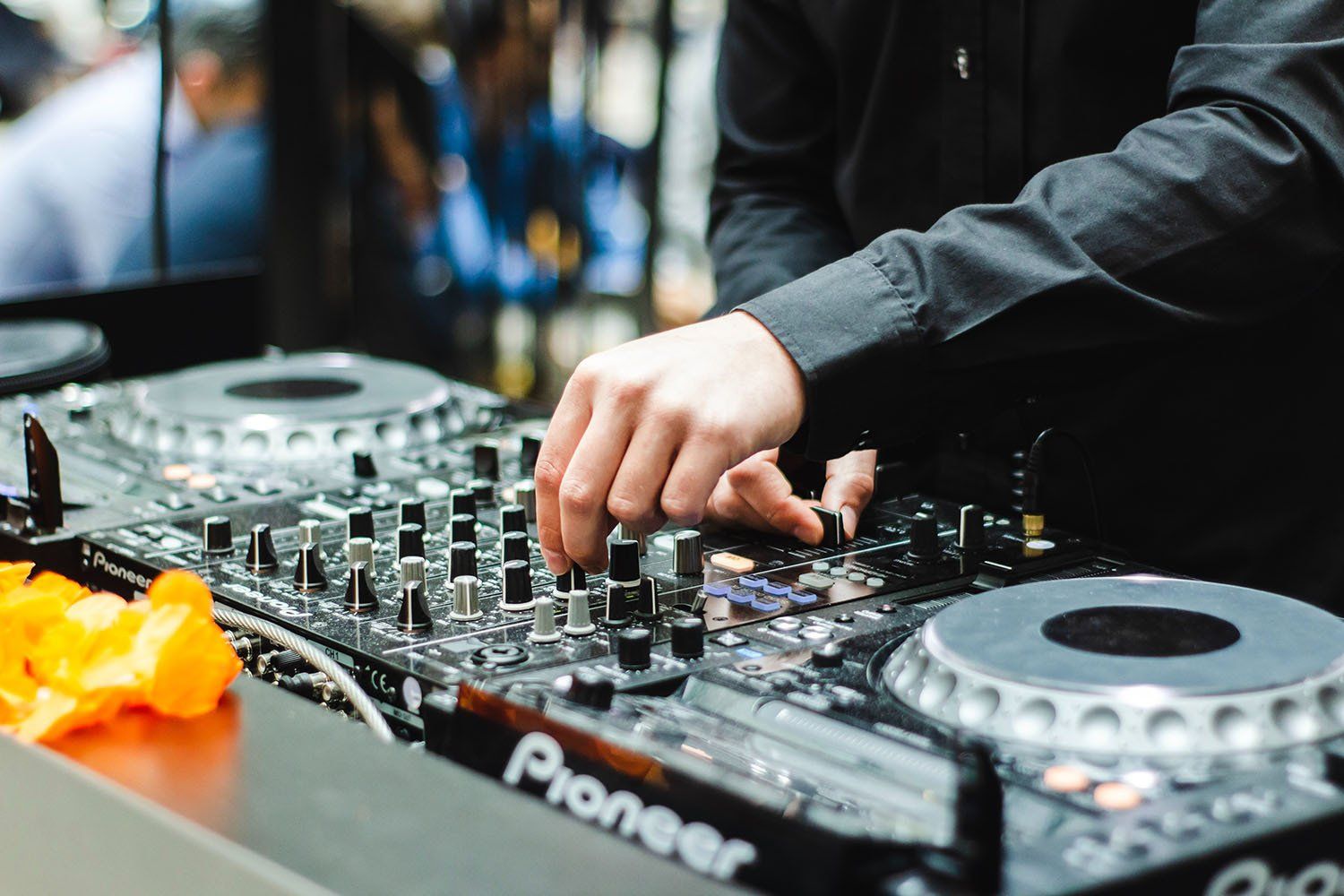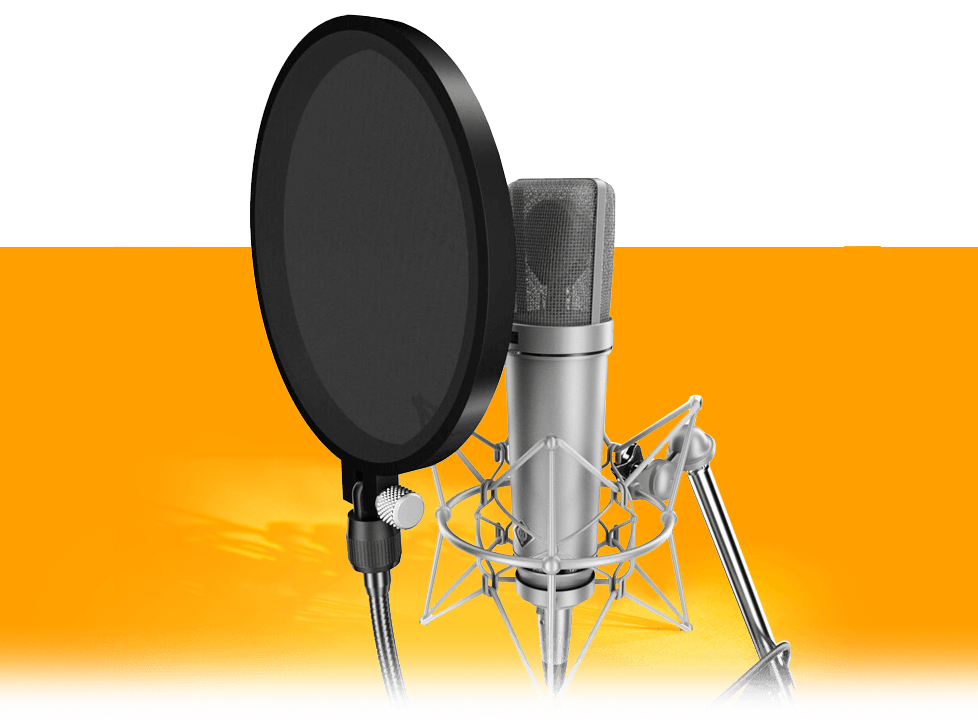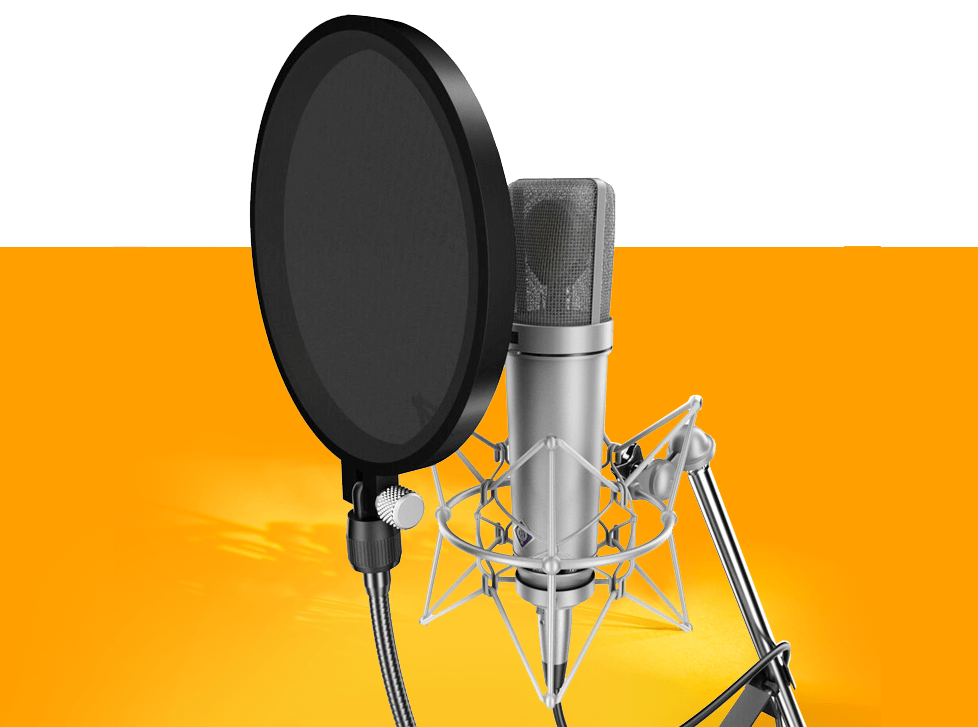10 Ways to Improve Your Music Production Skills
Jeremy Alves | January 15, 2020
If you are hoping to make a career of music production, or even if you are just doing it as a hobby, you should constantly be looking for ways to improve. You should look for ways to improve your music production skills so that you can produce better and better tracks and move forward with your craft. The better you are, the bigger gigs you will be able to get and the faster your career can move forward. Below are ten ways you can start improving your music production skills right now!
1. Listen to more music
Don’t listen to the same music you have been listening to every single day. Dive deep and listen to songs that are not on the charts, listen to genres that you wouldn’t normally listen to, listen to new music, and listen to music from the past. Find the music that inspired your favourite artists, and understand their influences. Even if you don’t currently make that type of music, widening your knowledge and understanding of different types of music will have an influence on the music you create. You may have to dig through some bad music in the process, but the knowledge and inspiration you gain will be worth it!
2. Understand Basic Music Theory
In addition to listening to all different kinds of music, make sure you understand music and how it is made. Learning an instrument and gaining some basic knowledge of music theory is crucial to improving your music production skills, as it will widen your knowledge of writing and creating music. You don’t have to be an expert, but at the very least learn your chords and scales. If you don’t want to take traditional music lessons, there are countless tutorials online that you can use to teach yourself!
3. Collaborate
When you work with other people you will begin to come up with ideas that you never would have thought of on your own. Other creative minds will see things from different perspectives which will in turn open you up to new ideas. It may be a melody or chord progression, or you may be introduced to a brand new genre of music! Collaboration inspires creativity and some of the greatest music was made through collaborative efforts!
4. Embrace Critique
Part of collaboration and your production process should be remaining open to constructive criticism. If all you ever seek is positive feedback on your music, you will never improve! Look for people who will tell you where your music is lacking and where there is room for improvement. Taking these critiques will let you know where you can grow and what you need to do to make your music even better.
5. Experiment
Stop using the same chord progression you’ve used over and over again, stop using the same sounds and the same tired drums you always use. Intentionally try things that you haven’t before, and step outside of your comfort zone! Don’t let yourself get into a rut by always staying within the same patterns.
6. Learn to Use the Gear You Have
This is not to say that it isn’t important to have good gear or software, but stop constantly looking for the next best things. It is easy to get lost in all the options you have and always be looking to update to the latest version, but focus on understanding the tools you have first. If you are always looking for the next thing, you will only ever have a surface-level understanding of each piece of gear or software that you get. Take the time to dive deep into the capabilities of your equipment and you will be able to produce better quality music.
7. Set Up Your Speakers Correctly
Even if you spend a ton of money on great sounding gear, it won’t matter if it isn’t set up properly. You can only operate your gear effectively based on what you can hear in your listening space. To ensure you are setting up your speakers effectively, keep them as far from the walls and corners as possible (even a few inches can make a difference!), and try to position them so that there is the same amount of distance between each speaker and wherever you will be (creating an equilateral triangle) while you are listening and mixing. This will allow you to make more accurate decisions about panning and respective levels across the stereo field.
8. Get Minimal
Learn that less is more when it comes to producing your music. This means learning how to edit your ideas and incorporate only the best ones into your final mix. This comes down partly to experience – essentially, you know what will sound good because it has worked before – but it is also having a clear understanding of what you want the track to do and why you are making it in the first place. Once you know this, it will become clear to you what should stay in the track and what should be cut.
9. Learn how to create your own sounds!
Stop relying on presets and learn how to create your own sounds! If you want to truly make a mark and stand out, you will have to be willing to try new things that other people may not be willing to. You will no longer have to go through your presets looking for a specific sound you are thinking of, you can just make it yourself! It may be hard at first, but eventually you will get the hang of it, and having the ability to make your own sounds is a major asset!
10. Make Your Music for the Right Reasons
Don’t produce music simply with the intention of making money, do it because you love it and are passionate about it! This does not mean that you shouldn’t make money through your music production if you can, but make sure that making tons of money is not your primary goal. If you are only focusing on making money, your craft will suffer and you will not develop your creativity or create the type of music you truly love.
As you work on producing more and more music, make sure that you are constantly seeking to learn more and develop your skills further. Put these tips into action and you will start to see an improvement in your music production and you will gain the confidence to go even further outside your current comfort zone and produce some truly great music!

Ready to Start?
OIART's Audio Program Includes:
✓ Small Class Sizes
✓ On Site Facilities
✓ Industry Leading Instructors
✓ Post Grad Support & Guidance
✓ Exclusive 11 Month Program
Top Reasons Why You Should Choose OIART.
Have Questions?
If you have questions about our audio engineering and music production program or would like to book a tour, we would be pleased to speak with you.
Text Us: 519.200.4151
Share This With a Fellow Music Lover
Apply in 3 Steps!
Step 1: Click Apply Now to start.
Step 2: Answer questions about yourself.
Step 3: Submit and check your email.
Share this with fellow music lovers


